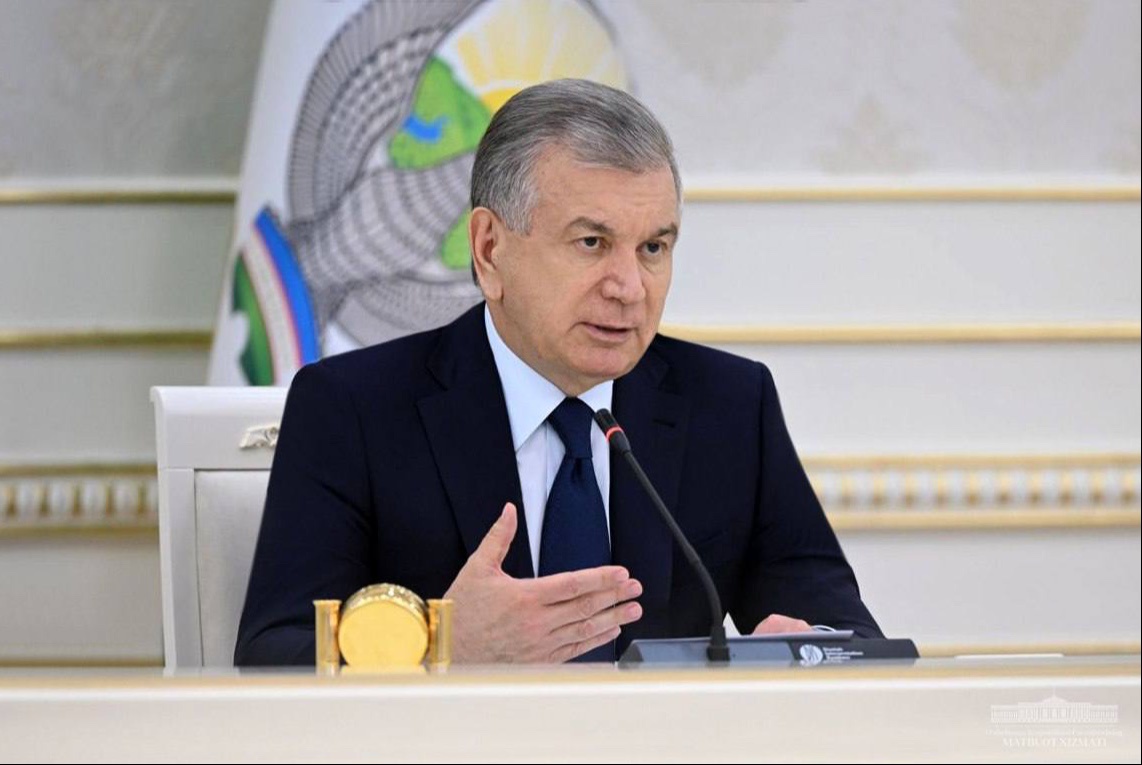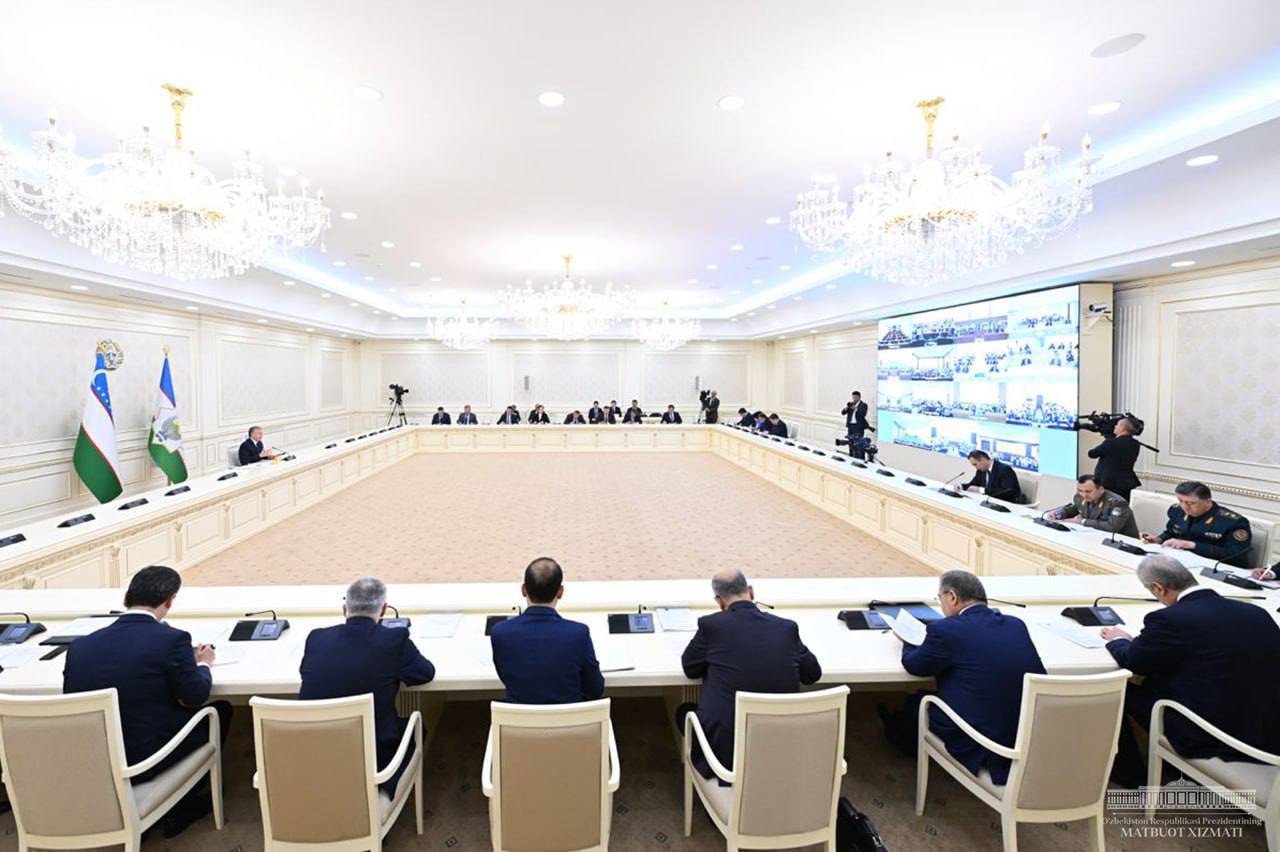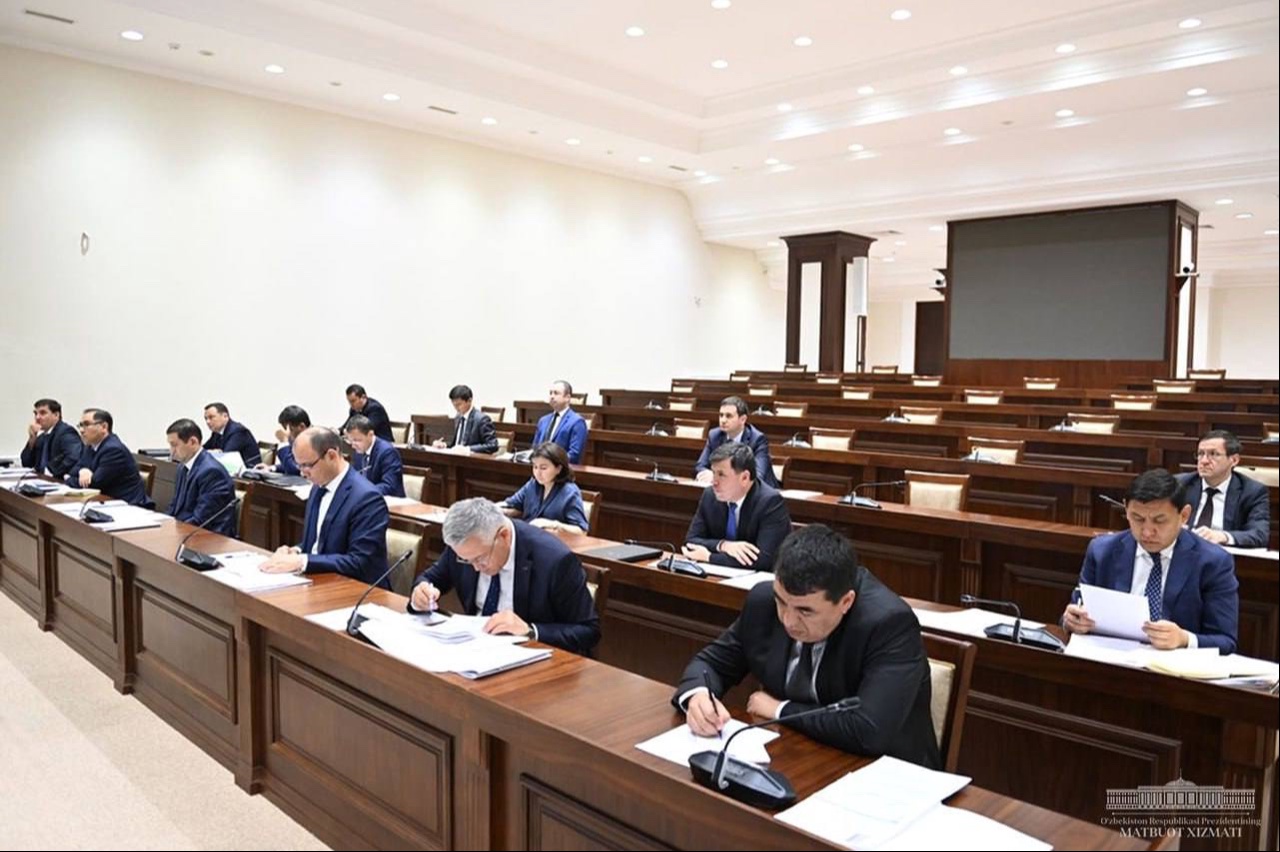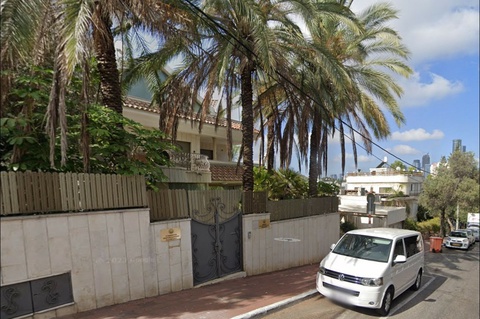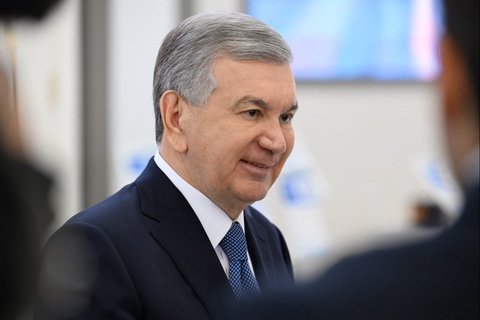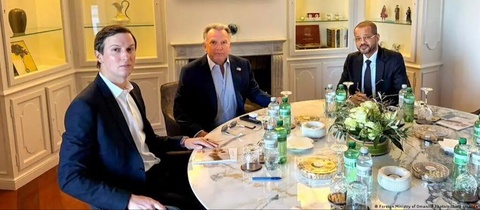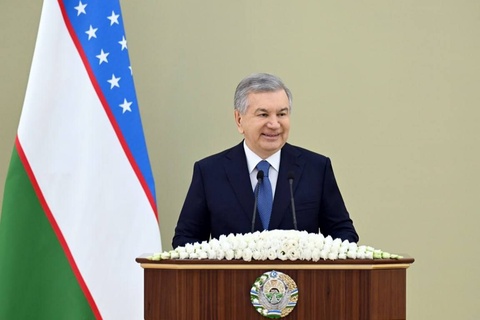Human interests and principles of social justice are a priority in the policy of Uzbekistan. Following the recognition of poverty in the country, a system was introduced to reduce it. At the same time, at the beginning of this year, all districts were divided into five categories, and they were granted differentiated benefits based on the pace of socio-economic development. As a result, 1 million people were lifted out of poverty last year and 210 thousand people in the first quarter of this year.
Thirteen trillion UZS of loans and 1.5 trillion UZS of subsidies are allocated annually for family entrepreneurship. The Register of Social Protection covers 2.3 million low-income families, women, single elderly, and persons with disabilities.
But more than these results are needed. Poverty reduction is a complex task aimed at forming an entrepreneurial spirit among the population, vocational training, and increasing the number of jobs.
In this regard, the issues of transition to a new stage of work in the field of employment were discussed at the meeting.
Over the past five years, the number of business entities in Uzbekistan has increased from 285 thousand to 590 thousand. This means an average of more than 2.5 thousand entrepreneurs, or 50 in one mahalla, appeared in one district. A mutually beneficial partnership with the private sector, with the provision of support to it, can expand opportunities for solving local employment issues.
For example, the state allocates 200 billion UZS annually for vocational training of the population. But these funds are separate from the real needs of entrepreneurs in specialists. Similarly, entrepreneurs have to spend considerable resources every year on training thousands of specialists for themselves, and in this process, they need support from the state.
“The only right solution is to create conditions for entrepreneurs and cooperate with them profitably. Due to this, we will provide employment and train qualified specialists”, Shavkat Mirziyoyev noted.
To this end, implementing the program “20 thousand entrepreneurs – 500 thousand qualified specialists” will begin on June 1. Participation in the program is voluntary. In total, $1 billion will be allocated for the program in 2023-2024. These funds will be used to give loans to participating entrepreneurs at lower interest rates and for more extended periods, subject to the training and employment of citizens from low-income families. The expenses of entrepreneurs for the organization and equipment of the practical monocenter, as well as training in professions, will be fully compensated.
Entrepreneurs participating in the program will be provided with special tax benefits. In particular, at least 20 percent of business entities whose employees are citizens from low-income families and work for a year will be exempt from paying property and land taxes. The social tax rate will be reduced twice for entrepreneurs paying up to 5 million UZS salaries. And a member of a low-income family employed at such an enterprise will be exempt from income tax.
Tax and customs preferences are also provided. In particular, the activities of such entrepreneurs will not be checked by the tax authorities. Their value-added and overpaid tax refund will be carried out without verification. Payment of arrears on all types of taxes may be deferred for up to one year. The “green corridor” will be applied to entrepreneurs during customs clearance.
Entrepreneurs participating in the program will be provided additional benefits when accessing infrastructure, land plots, and buildings. For example, they can receive payment installments for privatized plots, buildings, and structures. Infrastructure costs for projects worth more than 50 billion UZS will be fully covered by the state.
It was noted at the meeting that 550 thousand people could train and get out of poverty this year based on the new system.
As is known, China has much experience in poverty reduction. Considering this experience, a separate anti-poverty program will be implemented in each region of Uzbekistan. It will focus on improving road transport, energy, communication, and tourism infrastructure, developing small and medium-sized cities, and industrialization of mahallas in areas with a high level of poverty. It was noted that state investment programs approved annually would be formed similarly from now on.
Responsible persons were instructed to develop a comprehensive program to lift 14 selected districts out of poverty.
At the meeting, ministers, heads of industries, and hokims of regions reported on plans to organize work based on the new system.


